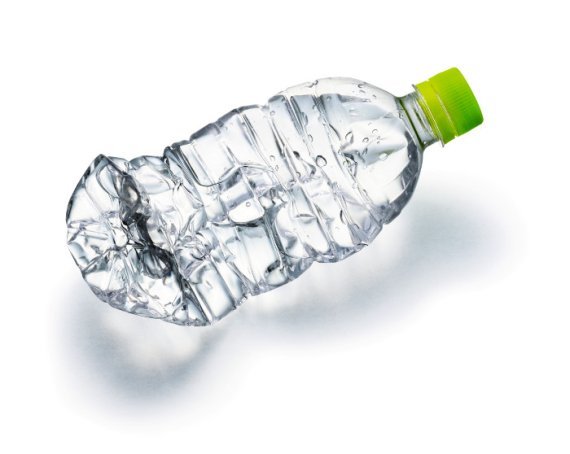Photo: Shutterstock
One such fact is that the LOWI report indicates that in 2012, researcher Ulphard Thoden van Velzen refused to rush to produce a better version of the report after an incomplete concept version had been leaked to the State Secretary of environment.But his management and clients put so much pressure on him that he did so after all. The resulting report contained errors, just like the draft. And once again, the clients and financiers of the study were not named. This was slapdash, says the LOWI. Thoden van Velzen should have turned down the assignment, in the LOWI’s view, and distanced himself more clearly from the leaked draft. He later corrected the errors in the third and final version of the report.
The chief criticism of the plaintiffs in this integrity lawsuit is that the two researchers involved were required to provide evidence for the standpoint of the client – ‘deposit money is the worst way of recycling plastic bottles’ – so the conclusions had been fixed in advance. That criticism is unfounded, notes the LOWI. The WUR reports went no further than describing the deposit money system and were not written with the aim of supporting the views of the clients, states the LOWI. Nor does the organ see any signs of actual influence of the clients on the contents of the report or the actions of the researchers.
The LOWI first assessed the report of the Wageningen committee on academic integrity (CWI), and established that the CWI conducted an ‘impartial and extensive investigation’. After that the LOWI offered critics who had appealed to the national body the chance to shoot down the CWI investigation. Two of the three parties withdrew their complaints, while the third cited passages from presentations and emails by the researchers and clients. The LOWI’s verdict is that those passages are full of implications but do not provide support for the claim of irregular and prejudiced research procedures.
The latest allegation by the plaintiffs is that Thoden van Velzen actively sought press coverage for the view that deposit money was not a good system. They refer to a double interview in Trouw newspaper in 2012, in which Thoden van Velzen is presented as an opponent of deposit money. But the researcher had objected to this after seeing the draft version of the article. He wanted to contribute research-based information and not take a position, shows an email exchange between Trouw and the researcher. That did not stop Trouw from presenting him as an opponent of the system. The LOWI says he cannot be accused of partiality.
A link to the LOWI verdict can be found in this article on resource-online.nl.

